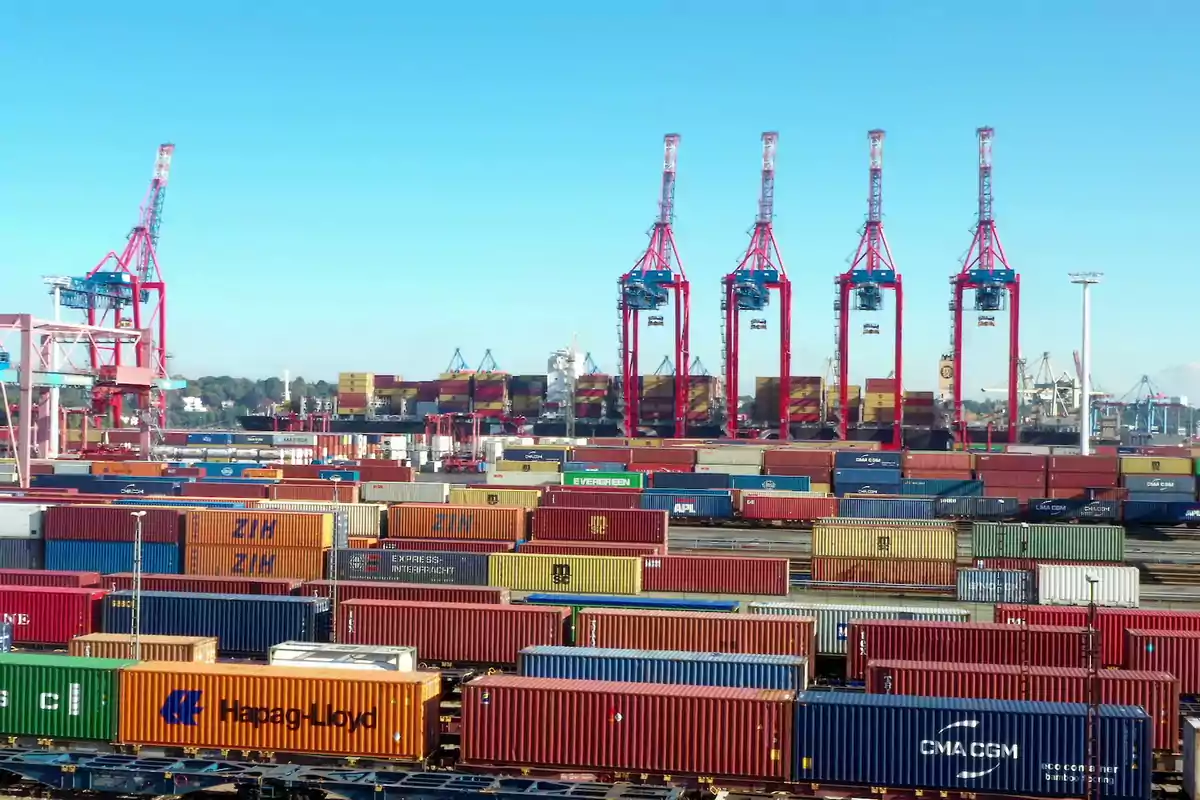
The German economy suffered a contraction following fears of new U.S. tariffs.
After the United States celebrated a new trade agreement with the European Union, the German economy experienced a significant downturn in the second quarter
Germany recorded a 0.1% economic contraction in the second quarter of 2025, according to official data published on Wednesday.
This decline is mainly attributed to a decrease in demand from the United States following several months of advance purchases by American importers who anticipated an increase in tariffs.
The drop in GDP thus reverses the growth experienced in the first quarter when fears of new tariffs boosted German exports to the United States.
Germany's gross domestic product (GDP) remains stagnant at levels similar to those prior to the COVID-19 pandemic reflecting the lack of a sustained recovery.

The German economy, stagnant.
This contraction was due in part though not exclusively, to the decline in exports following the "front-running" tariff phenomenon in the first quarter, referring to the anticipation of purchases by importers before tariffs take effect.
In Germany's case, American companies brought forward their orders in the first quarter to avoid higher tariffs, which temporarily boosted exports. This advance demand was reversed in the second quarter, affecting growth.
In terms of GDP components, investment declined during the second quarter while both private consumption and public spending increased compared to the previous quarter.
Germany's Federal Statistical Office also revised first-quarter growth downward, from 0.4% to 0.3% which reinforces the perception that the German economy is experiencing a phase of persistent weakness.

German dependence.
A key factor that has influenced this scenario is the recent trade agreement between European Union and United States, where the parties agreed to impose a 15% tariff on most goods imported from the EU to the United States a figure significantly lower than the initial 30% with which Trump had threatened if no agreement was reached.
This agreement prevented a further escalation in the trade conflict, which would have had even more severe consequences for the German economy. Nevertheless, the new tariff represents a significant obstacle for the country's foreign trade.
United States was Germany's main trading partner in 2024, with bilateral merchandise trade valued at 253 billion euros. Dependence on the American market makes Germany one of the European countries most exposed to the negative effects of the new tariffs.

More posts: